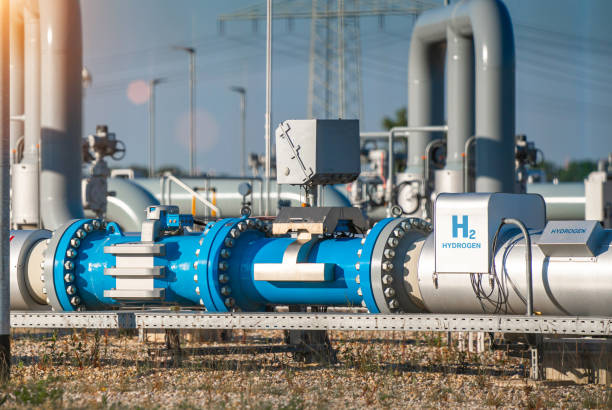In Japan, an unexpected energy source is being used to create clean fuel. Cow manure, once seen as waste, is now powering vehicles and farm equipment. This breakthrough is taking place on Hokkaido, Japan’s second-largest island, where more than a million cows produce milk—and tons of manure.
Instead of letting this waste go unused, local experts are turning it into hydrogen fuel. The Shikaoi Hydrogen Farm leads this effort, using cow manure to generate clean energy. With Japan needing more renewable energy, this method provides a new solution.
The Science Behind Hydrogen from Manure
Hydrogen fuel is clean because it does not produce carbon emissions when burned. But most hydrogen today comes from fossil fuels, which still contribute to pollution. Another method, splitting water with electricity, is expensive and only green if powered by renewable sources.
The Shikaoi Hydrogen Farm takes a different approach. It extracts hydrogen from biogas, which comes from breaking down manure without oxygen. This process produces methane, which is then turned into hydrogen. The plant generates about 70 cubic meters of hydrogen daily, enough to fuel 28 hydrogen-powered vehicles, including tractors and forklifts.
Beyond vehicles, this hydrogen is stored and sent to other places, including a local fish farm and the Obihiro Zoo. The remaining manure is used as fertilizer, creating a system where nothing is wasted.
Challenges and Future Possibilities
Even with its benefits, hydrogen fuel has storage and transport issues. It needs high-pressure tanks and can leak over time. It must also be stored at very low temperatures to remain a liquid.
Hokkaido’s cold winters add another challenge. The methane purification process must be adjusted to prevent freezing. The hydrogen also needs to be stored in materials that can handle extreme temperatures. Right now, the electricity used for production comes from the national grid, but there is potential to switch to renewable sources like wind, geothermal, or tidal energy.
Cost is another concern. Hydrogen refueling stations are expensive, and hydrogen vehicles cost more than electric ones. To make hydrogen more appealing, the Shikaoi Hydrogen Farm keeps fuel prices similar to gasoline. More hydrogen stations are also being planned for cities like Sapporo and Muroran.
Japan is a global leader in hydrogen research and vehicle production. While cow manure alone cannot meet the country’s energy needs, projects like Shikaoi show how waste can be turned into a valuable resource.
A Global Trend in Renewable Energy
Other countries are also looking into similar ideas. Thailand is testing hydrogen production from chicken manure. In the U.S., scientists are using biochar from farm waste to improve hydrogen extraction. In Japan’s Fukuoka city, human waste is being turned into hydrogen to fuel trucks and service vehicles.
These efforts show that waste can be more than just a problem—it can be a solution. With more investment, hydrogen from manure and other organic materials could help lower carbon emissions and create a cleaner future.
Japan’s success with cow manure is an example of how creative solutions can drive sustainability. By rethinking waste, the world can take another step toward cleaner energy.


